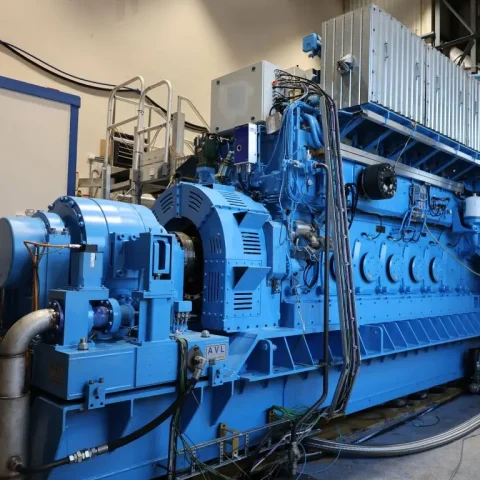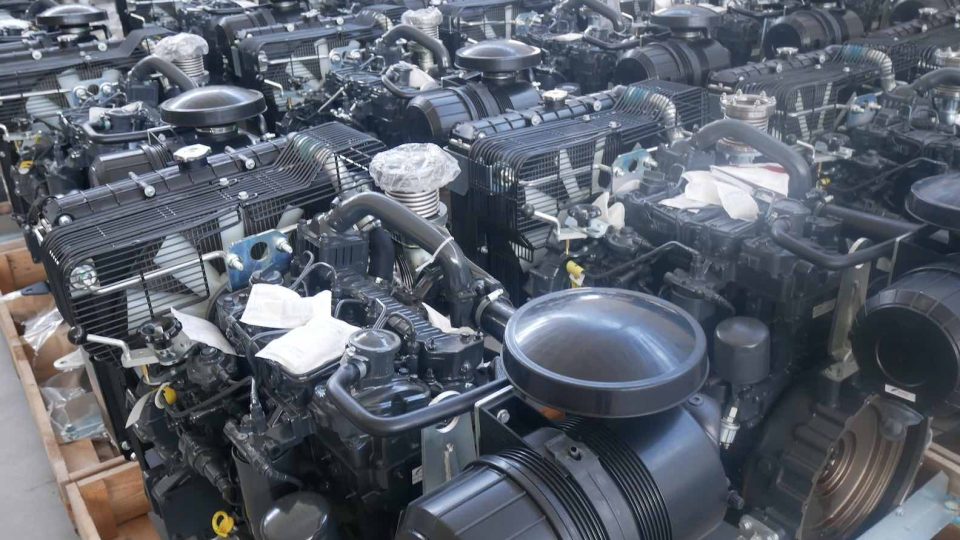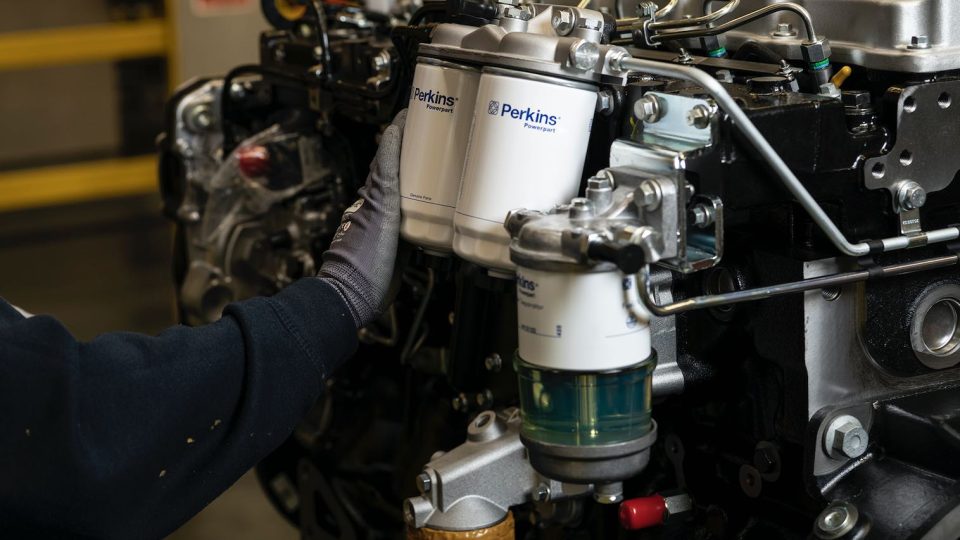Bergen Engines and the hydrogen story so far
In October 2023 Langley Holding challenged the Bergen Engines business to demonstrate a Bergen medium-speed engine running 100% on pure hydrogen – by the end of 2024. The challenge was accepted!

In October 2023 Langley Holding challenged the Bergen Engines business to demonstrate a Bergen medium-speed engine running 100% on pure hydrogen – by the end of 2024. The challenge was accepted!
The engineers had already demonstrated a Bergen gas engine operating successfully at full load on up to 30% hydrogen blended with natural gas. This was proven on an industrial scale application at a customer site in Spain. Significantly, it was achieved with only minor modification to the engine.
Read also: Bergen Engines announces increase in blended hydrogen offering
Following that success, infrastructure was installed to safely handle greater volumes of hydrogen at the engine laboratory in Hordvikneset and tests to increase the proportion of hydrogen still further began.
In December 2024 Bergen announced to its shareholder Langley that 100% firing of a Bergen engine on hydrogen had been achieved. During 2025 and beyond the hydrogen journey will continue as the engineers work towards industrialising Bergen engines to operate on this and other future fuels.
Hydrogen is the most abundant element in the universe and is potentially an infinite source of clean energy. However, hydrogen (H) is usually found bound to other elements, commonly H2O – water. Separating the hydrogen and oxygen molecules in water requires as much energy as is produced from the hydrogen released. Today, almost all of the circa 75 million tonnes of pure hydrogen produced globally each year is achieved with fossil fuels. Produce hydrogen from renewables at sufficient scale and hydrogen has the ability to become a zero emissions fuel to replace oil and gas. Currently the cost of green hydrogen is several times that of oil and gas. However, this is set to change as the scale of green hydrogen production increases and it has been estimated that the cost could begin to rival oil and gas as early as 2030.







